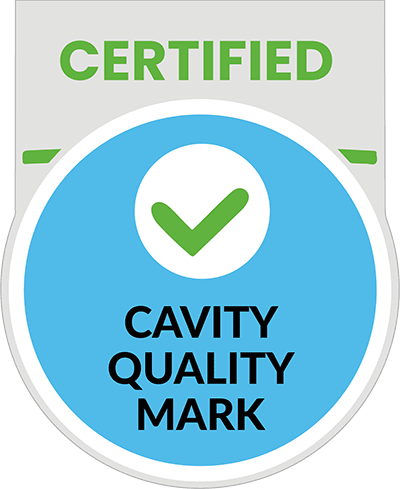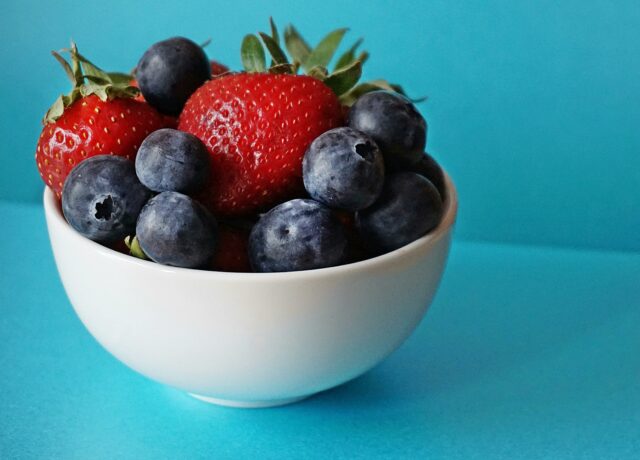People are increasingly using social media as a source for diet and nutrition information. However, it is often low quality, simplified, missing out key points and facts and even giving misleading or incorrect advice. It is always better to seek accurate information from trusted sources when researching topics closely related to health.
Often foods are talked about now as being good and bad. While there are no bad foods and the idea of this can be damaging for our relationship with food. Cutting out certain food group’s because it’s deemed ‘bad’ isn’t good for your health. By doing so, it can lead to nutrient deficiencies and this can be bad for your health long-term. It may be necessary to follow a restrictive diet for medical reasons. However, this should only be under the supervision of a healthcare professional.
What is “clean eating”?
Many trends and diets are labeled as "clean eating" and are widely used on social media platforms. There is no clear definition of what ‘clean eating’ actually is. Some say it is reducing the consumption of processed foods, others focusing on restrictions. Some may be cutting out food groups altogether which as we have already established can have a negative impact on overall health. More concerning is that “clean eating” can lead to obsessive eating habits and may even mask eating disorders. If you think you’re struggling with your relationship with food, do not hesitate to reach out to Beat. Beat is the UK’s eating disorder charity, founded in 1989 as the Eating Disorders Association, their mission is to end the pain and suffering caused by eating disorders.
Healthy Diet
Eating a healthy diet lowers the risk of diseases such as:
- Obesity
- Type 2 Diabetes
- Heart Disease
- Cancer
Making healthy food choices (that you can stick to) is much better long term, rather than focusing on single foods or food groups. Salt, sugar, and certain fats that negatively impact our health should be limited due to their links to poor health. The World Health Organisation has now highlighted that dietary choices and lack of movement are one of the biggest risks to our health.
The intake of salt, sugar and fat for many is generally too high, this is mainly due to a high intake of ultra-processed foods like crisps, baked goods, ready meals and sugary cereals. People need to make conscious choices to reduce their intake of these foods to benefit their health.
You can still enjoy ultra-processed foods in small quantites as part of a healthy diet. Some ultra processed foods such as bread and baked beans are a staple in many households. Trying to swap to a more nutrient dense version such as wholemeal/wholegrain bread or low salt/sugar baked beans can improve the nutritional quality of these foods.
The NHS have put together the Eatwell Guide which shows how much of each food group you should be aiming for. This is to ensure that you are getting all the nutrients you need and enough from each food group to follow a balanced healthy diet. As well as other information and resources around eating well.
You can find the Eatwell Guide and further information on healthy eating here:


